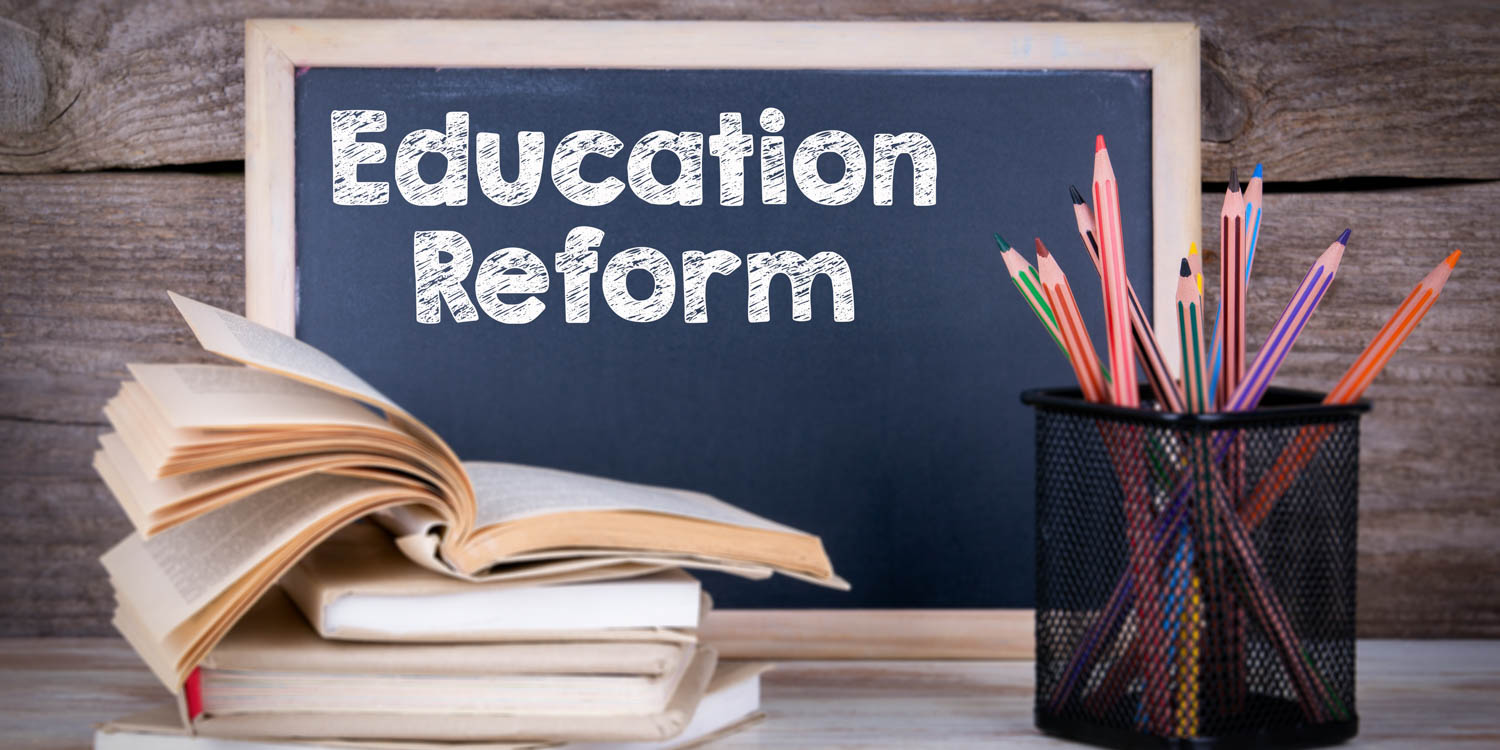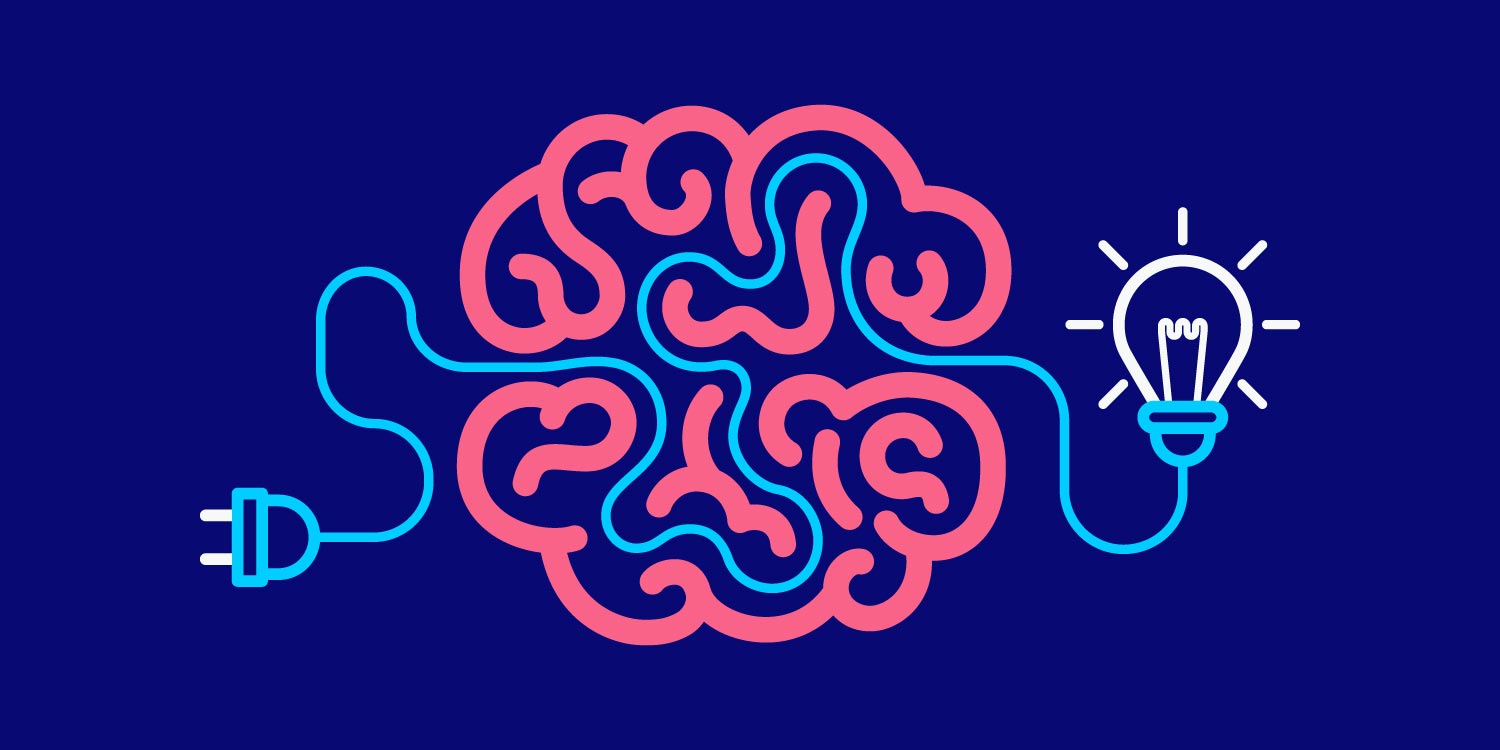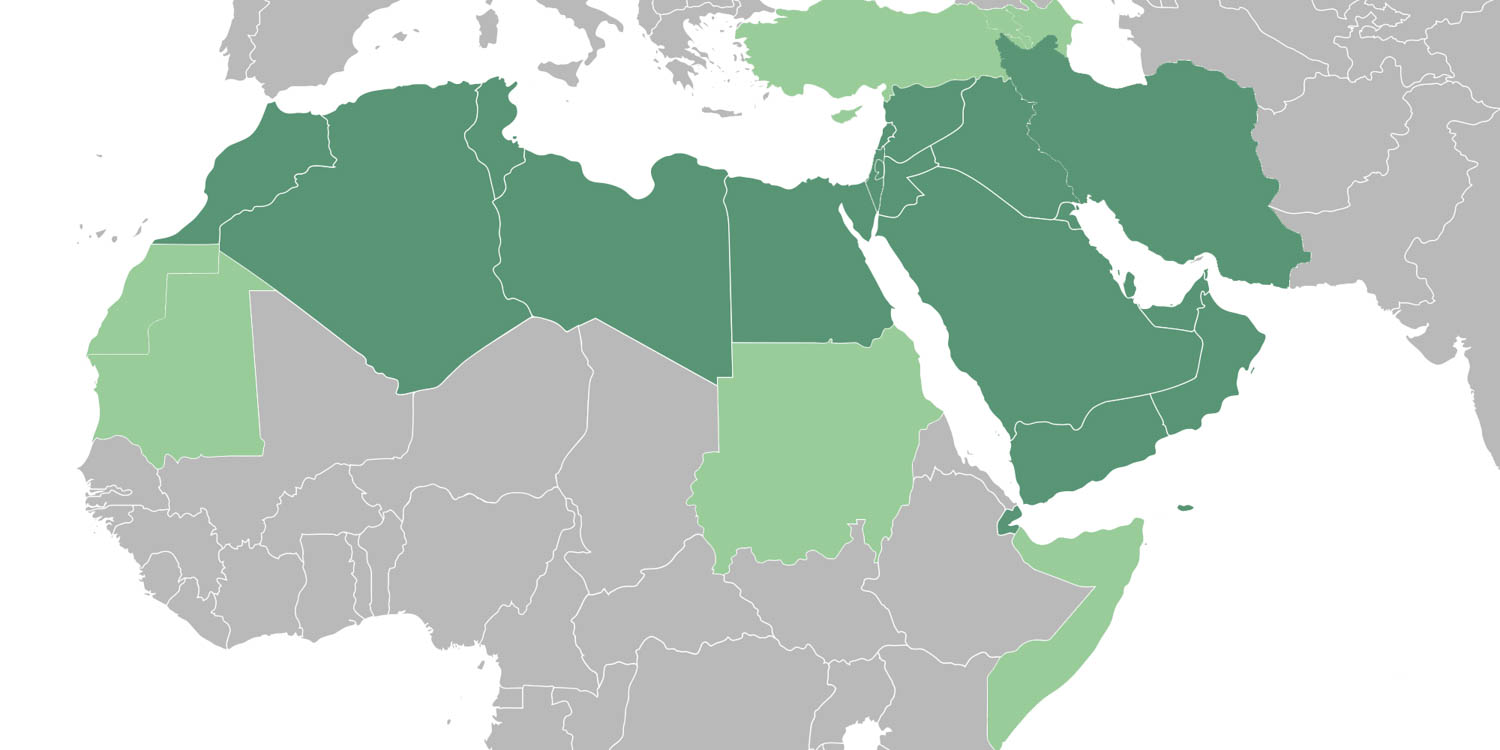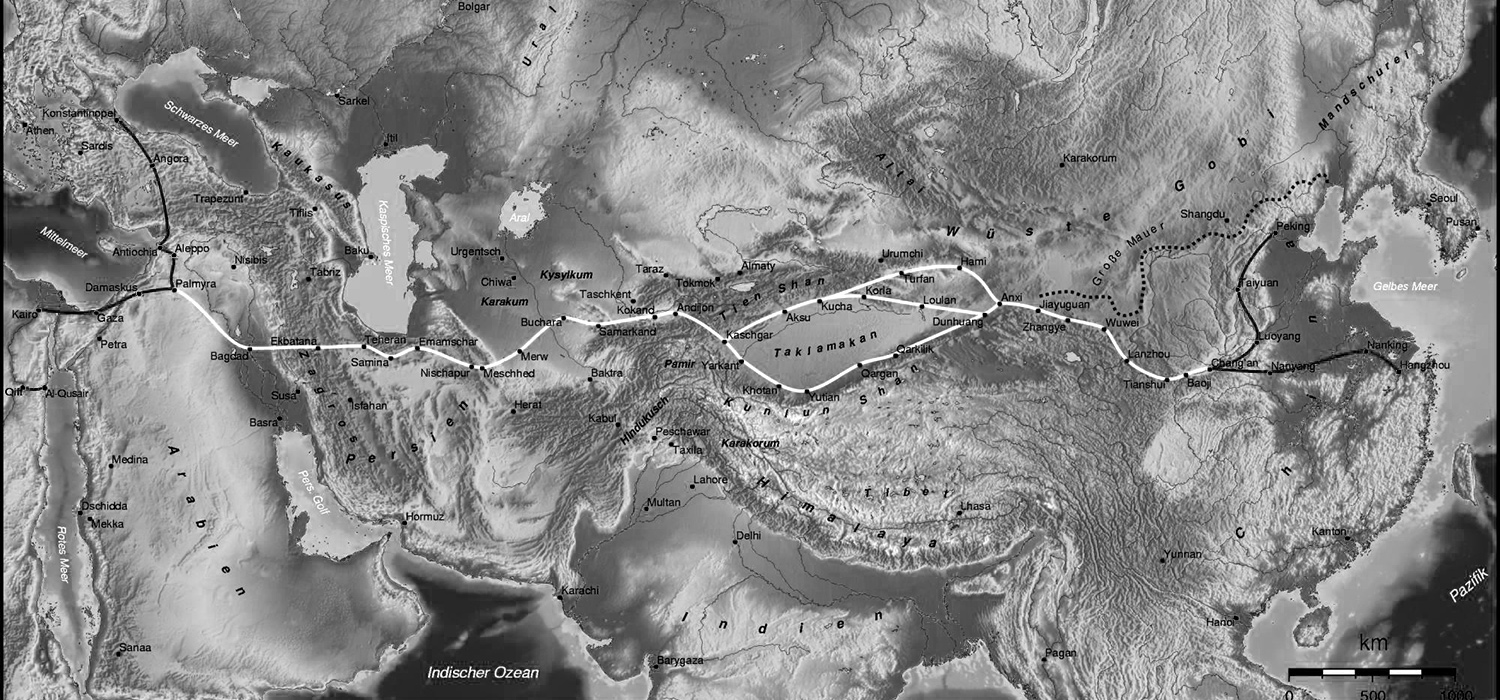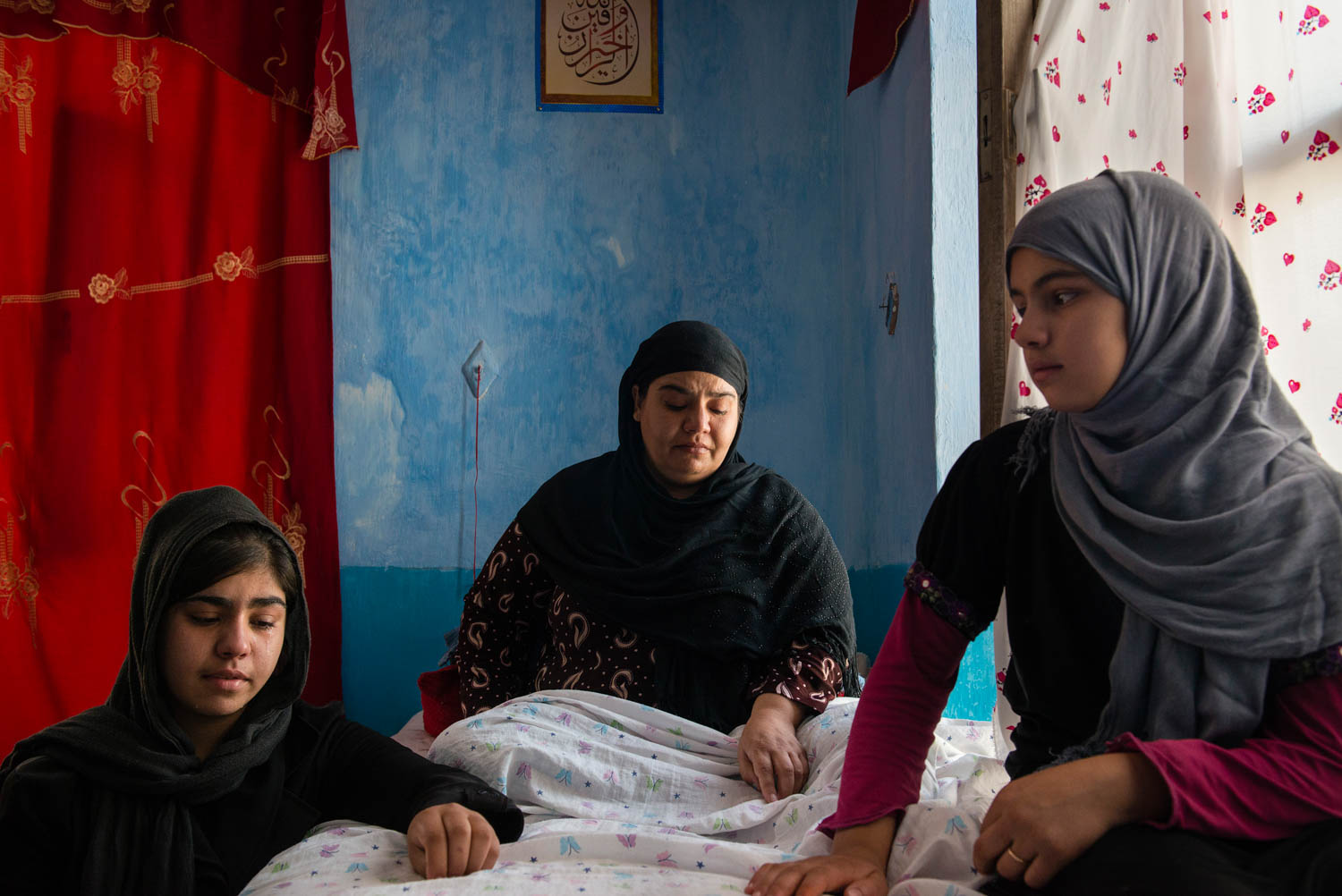The IAFOR International Conference on Language Learning – Dubai (IICLLDubai) is a multidisciplinary conference held concurrently with The IAFOR International Conference on Education – Dubai (IICEDubai). Keynote, Featured and Spotlight Speakers will provide a variety of perspectives from different academic and professional backgrounds. Registration for either conference will allow delegates to attend sessions in the other.
This page provides details of presentations and other programming. For more information about presenters, please visit the Speakers page.
-
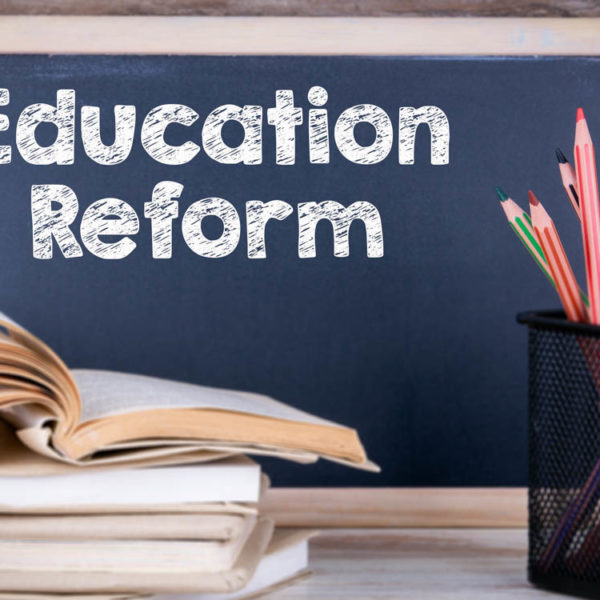 Innovation in Education Through Curriculum Reform and Research: The Case of the UAEFeatured Panel Presentation: Christina Gitsaki, Hayley Holuj, Hanada Taha, Radek Janik & Zainab Al Baloushi
Innovation in Education Through Curriculum Reform and Research: The Case of the UAEFeatured Panel Presentation: Christina Gitsaki, Hayley Holuj, Hanada Taha, Radek Janik & Zainab Al Baloushi -
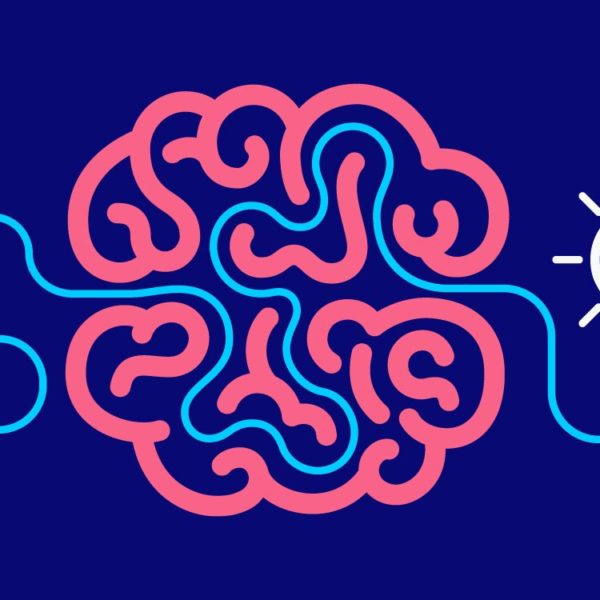 Using Critical Thinking Techniques in the ClassroomFeatured Presentation: Dr Sufian Abu-Rmaileh
Using Critical Thinking Techniques in the ClassroomFeatured Presentation: Dr Sufian Abu-Rmaileh -
 In the Era of Disruptive Transformations: Embracing the Imperative of Dynamic Adaptation to the Evolving World of WorkFeatured Presentation: Dr Virginia Bodolica
In the Era of Disruptive Transformations: Embracing the Imperative of Dynamic Adaptation to the Evolving World of WorkFeatured Presentation: Dr Virginia Bodolica -
 Key Trends, Challenges and Opportunities in the Field of Higher Education in the UAEFeatured Presentation: Professor Martin Spraggon
Key Trends, Challenges and Opportunities in the Field of Higher Education in the UAEFeatured Presentation: Professor Martin Spraggon -
 Classroom Management: Empirical and Practical PerspectivesFeatured Presentation: Professor Christine Coombe
Classroom Management: Empirical and Practical PerspectivesFeatured Presentation: Professor Christine Coombe -
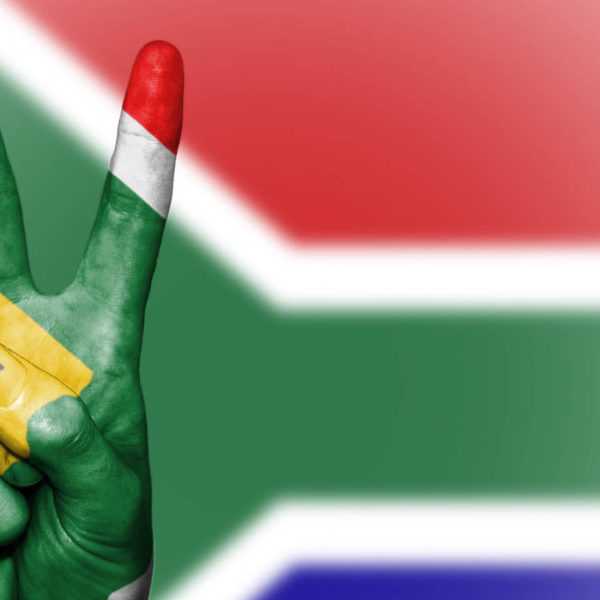 Edutainment for Political Reconciliation in South Africa: A Comparative Analysis of Mtwa’s Bopha! and Fugard’s Valley SongFeatured Presentation: Professor Mustafa Hashim Taha
Edutainment for Political Reconciliation in South Africa: A Comparative Analysis of Mtwa’s Bopha! and Fugard’s Valley SongFeatured Presentation: Professor Mustafa Hashim Taha -
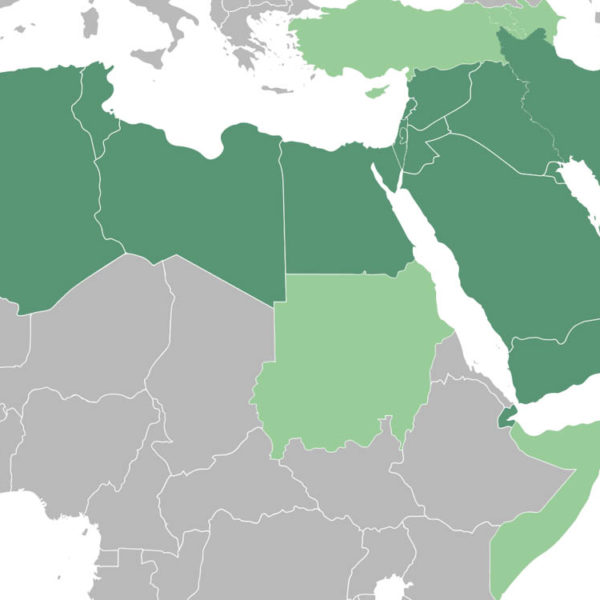 Exploring English Language Education in the MENA Region Now and in the FutureKeynote Presentation: Dr Deena Boraie
Exploring English Language Education in the MENA Region Now and in the FutureKeynote Presentation: Dr Deena Boraie -
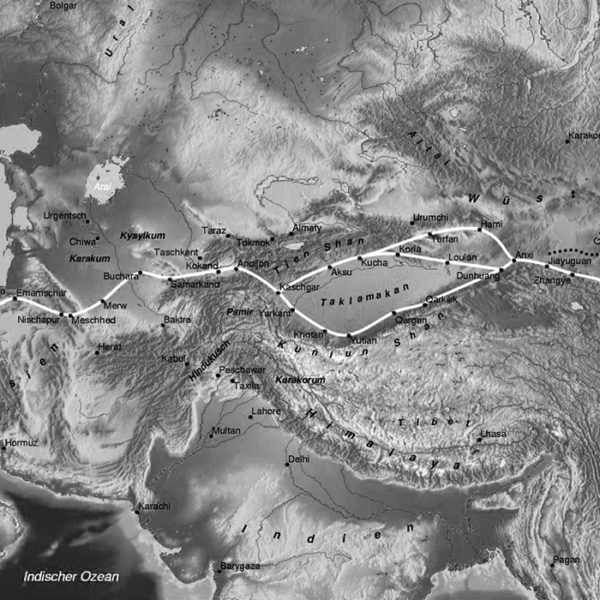 IAFOR Silk Road Initiative Information Session
IAFOR Silk Road Initiative Information Session -
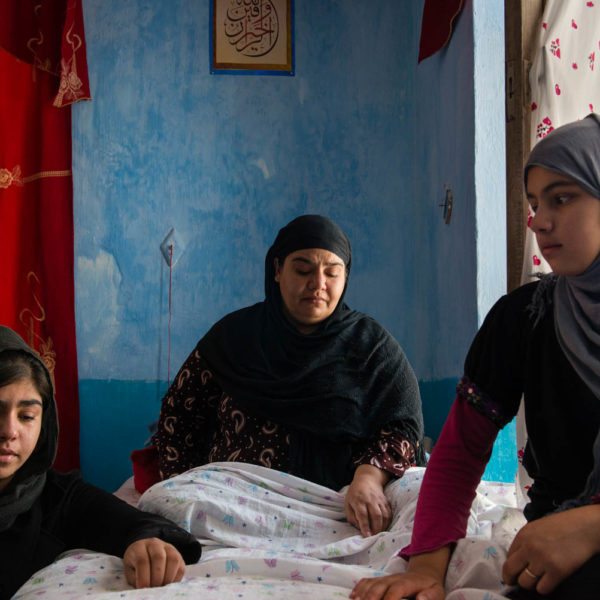 IAFOR Documentary Photography Award 2017 | Award Winners Screening
IAFOR Documentary Photography Award 2017 | Award Winners Screening
Additional programming will be announced here in the coming weeks and months.
Previous Programming
View details of programming for past IICLLDubai conferences via the links below.

